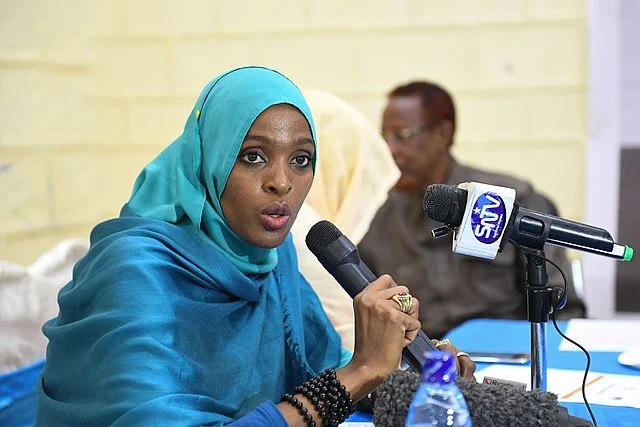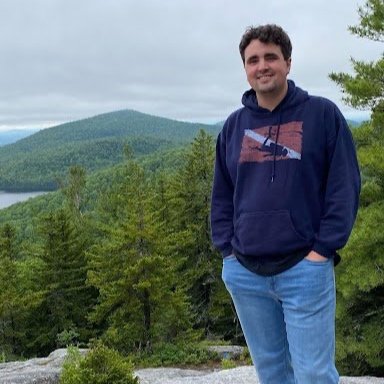Meet Ifrah Ahmed, the brave woman taking a stand against a brutal practice that still affects millions of women.
Ifrah Ahmed speaking at a training workshop in Mogadishu, Somalia. AMISOM Public Information, CC0
FGM, or female genital mutilation, is the violent and forcible removal of the external female genitalia. This practice usually takes place at a young age, as the belief systems of those who promote FGM believe it to be the best way to preserve a woman’s “purity.” Although modern medicine has proven that there are no benefits of any kind connected to the practice, women around the world continue to suffer from the procedure.
FGM opens the door to a variety of immediate and long-term health complications, including infections, diseases and potential complications during childbirth. The mental effects are also damaging; according to the limited number of studies investigating the psychological impact of FGM, the vast majority of women who have been mutilated by the procedure exhibit symptoms of depression, anxiety and PTSD, among other disorders.
Although FGM has been condemned as a violation of human rights and globally banned by the World Health Organization (WHO), as of 2012 a number of countries still engage in the practice. While cases of FGM are concentrated mostly in the Middle East and sub-Saharan Africa, instances have also been documented in Latin America, Asia and eastern Europe. Since 2012, the WHO has been working with local organizations to devise more effective ways to enforce the global ban. In the meantime, however, over 230 million women have undergone FGM, with more being mutilated every day. The victims of this procedure have started to take action into their own hands.
Enter Ifrah Ahmed. As a young girl in Mogadishu, Somalia, Ahmed was subjected to FGM. In 2006, she escaped from the Ethiopian War and made her way to Ireland, where her doctor struggled to understand what had happened to her. In the following years, Ahmed discovered that FGM, despite its near ubiquity in Somalia, was entirely absent in Ireland. This drove her to begin speaking out against FGM, becoming one of the first women to publicly share her experience with the mutilation.
In 2010, Ahmed established the Ifrah Foundation, an NGO devoted to the total elimination of FGM around the world. There are many misconceptions regarding FGM (groups who practice it make use of parents’ ignorance to sell the procedure), such as the belief that it provides benefits for the woman or that it is required under Islamic law. Ahmed, through the Ifrah Foundation, has worked tirelessly to deconstruct these misunderstandings.
The Ifrah Foundation has collaborated with several international nonprofits such as UNICEF, UNFPA and Amnesty International. The organization has also formed partnerships with various governmental agencies on legislation addressing FGM. Additionally, in 2018, Ahmed collaborated with the Global Media Campaign to end FGM to release a short documentary detailing a 10-year-old girl’s death as a result of complications from FGM.
Today, Ahmed works to promote her cause in her home country of Somalia, where she was appointed the Gender Advisor to the Prime Minister in 2016. She is also the Human Rights advisor to the Somali government. In these positions, and with the help of the Somali prime minister and the Ifrah Foundation, Ahmed managed to implement an FGM abandonment program across the entire country.
How You Can Help
Readers who wish to contribute to the Ifrah Foundation can do so here. The Foundation has recently begun a new campaign titled “Dear Daughter," which focuses on educating and empowering women against genital mutilation. Interested readers can visit the campaign and make donations here.
Ryan Livingston
Ryan is a senior at The College of New Jersey, majoring in English and minoring in marketing. Since a young age, Ryan has been passionate about human rights and environmental action and uses his writing to educate wherever he can. He hopes to pursue a career in professional writing and spread his message even further.


